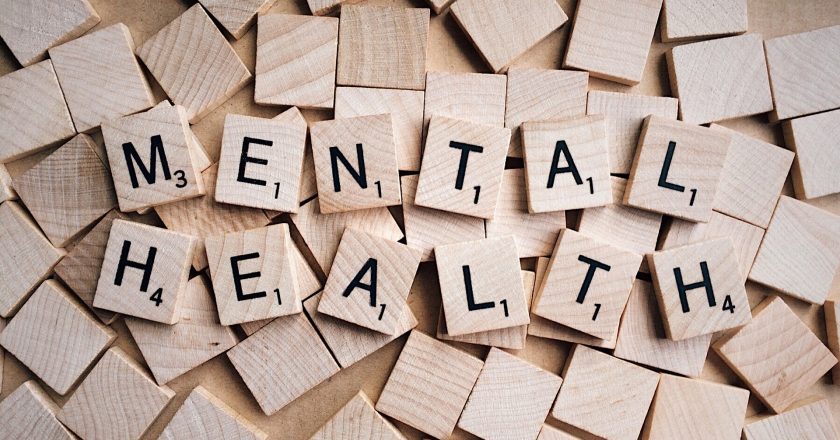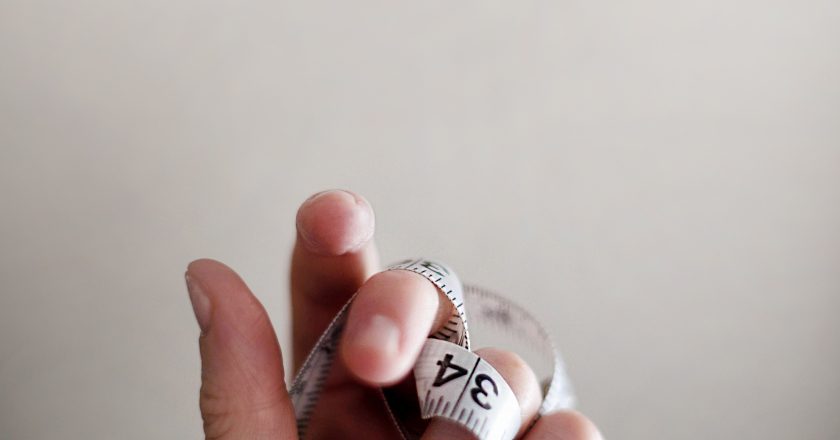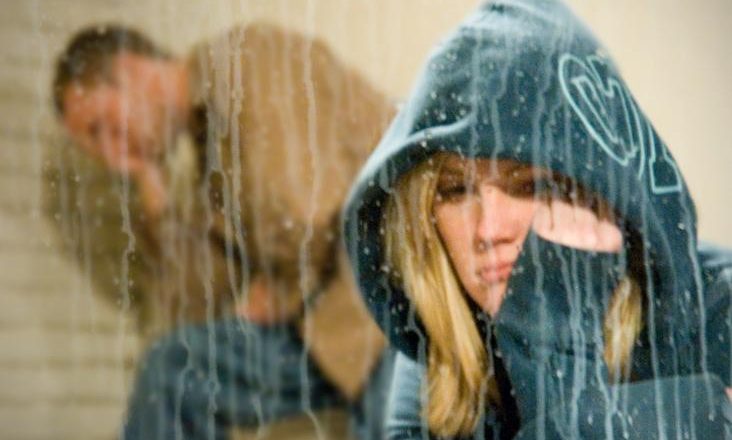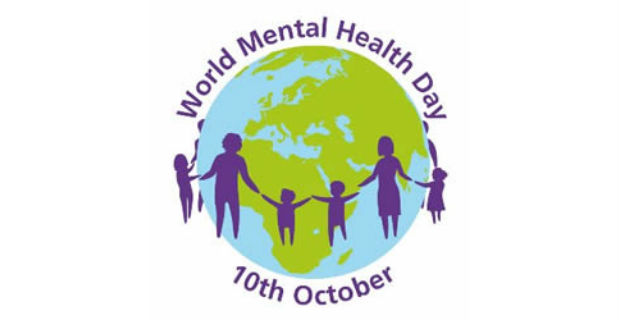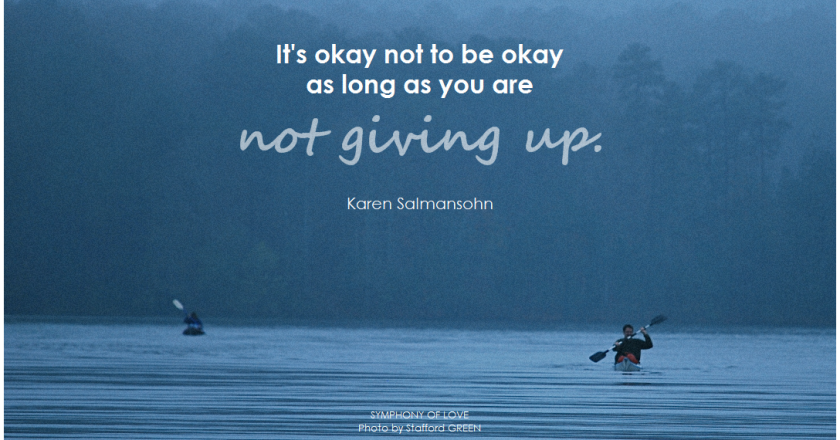The Art of Doing Nothing
As someone who requires constant stimulation, be it from books, Netflix or a conversation, ‘doing nothing’ isn't something that comes easily to me. I have, however, come to appreciate the moments of quiet, where I can just close the door and breathe. At university, where there is always a person down the hall, a lecture to attend and a deadline looming, quiet (and solitude) is exactly what we need sometimes.
When I talk about ‘doing nothing’, I don’t necessarily mean that you must sit watching grass grow. It is merely an easy turn of phrase to explain the idea of relaxing and taking some time for yourself, rather than continuing to be at the mercy of your seminar leaders, flatmates or society members. Once, my housemate burst into my room and tried to make me go to gym with her. I vehem...


